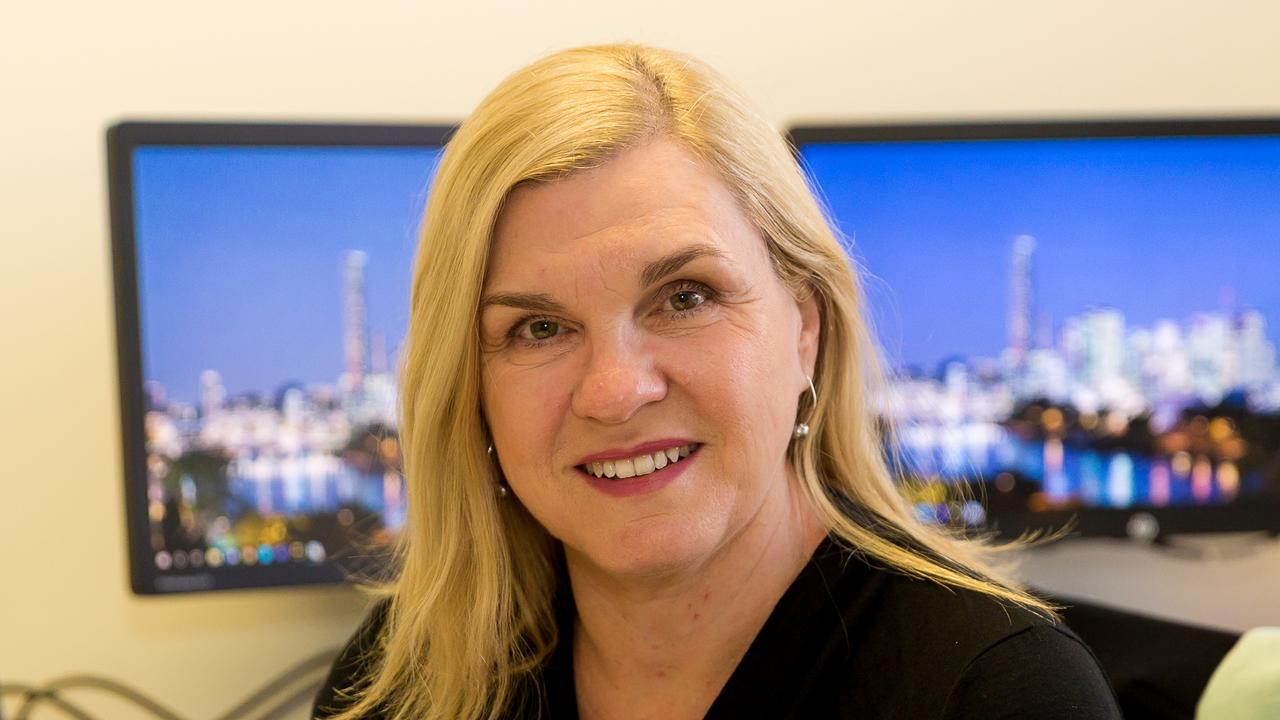Failed by the system: Child Safety slammed after boy took own life
A Queenslander teenager who took his own life after being failed by child safety should never have died, according to a leading child trauma advocate.
Police & Courts
Don't miss out on the headlines from Police & Courts. Followed categories will be added to My News.
A bright and funny teenager who took his own life at just 14 years old may still be alive today if the department of child safety had not failed him, a coroner has ruled.
EJ, who suffered years of physical and sexual abuse at the hands of his father, took his own life on December 10, 2018 while in foster care.
In recent non-inquest findings, Acting Coroner Ainslie Kirkegaard ruled the Department of Children failed EJ in multiple ways, including not investigating his father’s abuse properly, “victim blaming”, and not doing enough to help EJ in his final weeks alive.
EJ took his own life on December 10, 2018 – just eight months after going into foster care.
Act for Kids CEO Dr Katrina Lines said EJ never should have died.
“EJ’s case is incredibly sad and distressing because it is an unnecessary loss of a young life,” Dr Lines said.
“The problems are multifaceted and the jobs are difficult. We need to think about a trauma informed framework for child safety workers as well as the kids and young people they are making decisions about.”
RELATED: Child Safety staff exodus leaves kids at risk, Opposition says

Dr Lines said EJ should have had access to support earlier.
“Children who experience significant trauma like EJ did need highly specialised therapeutic supports at all stages of their development,” Dr Lines said.
“EJ needed a safe stable home and family and evidence-based trauma informed therapy from an early age to ensure his wellbeing and development.
“It does not appear that he was offered these throughout his young life.”
Dr Lines said with the right support, EJ would have at least had somewhere to turn when things got bad.
The Opposition have long called for an external inquiry into the department, but Dr Lines disagreed.
“Act for Kids believes implementing a trauma informed framework for all the department’s work would be beneficial.
“We would also always welcome greater resourcing so they have enough staff to address issues as they arise.”
Act for Kids is an organisation that delivers evidence-led professional therapy and support services to children and families who have experienced or are at risk of harm.
EJ was in Year 8 at a rural high school, described as a smart young man, a “scallywag”, always full of life and having a great sense of humour.
But EJ’s life was far from the happy persona he showed to the world.
EJ was first known to the Department of Children when he was just a few months old.
He spent most of his early childhood living with his “highly-controlling” father who strangled EJ, beat him, threatened him with a knife, flushed his head down the toilet and sexually abused him his entire life.
His mother tried her best, but she was crippled with mental health issues and trauma from her own childhood abuse and couldn’t care for him as he deserved.
After bouncing between homes, EJ’s best friend’s parents eventually applied for long-term guardianship of EJ in June 2018.

He felt loved and cared for, but EJ was still deeply traumatised from a lifetime of abuse.
Just six months later he took his own life.
An internal review of EJ’s death found child safety received 18 reports of child harm to EJ and his two siblings before formal intervention happened in 2016 – two years before EJ died.
There was also a five-month delay in starting an investigation into these child harm concerns, and in that time seven more were added.
It also found the department ignored a domestic violence order in place against EJ’s dad to protect the children, and encouraged EJ to go back to his abusive father.
But a second review done by The Coroner’s Court of Queensland Domestic and Family Violence Death Review Unit found the internal review missed several issues.

Monash Gender and Family Violence Prevention Centre Deputy Director Dr Silke Meyer said the department failed to protect EJ from his father.
“Dr Meyer expressed concern that child safety responses to EJ and his mother appeared to be primarily victim-blaming and deficit focused, and the responses to welfare concerns relating to EJ appeared to be highly gendered,” the report said.
In his final 12 months alive, EJ had 20 different child safety officers and 14 different senior team leaders on his case.
Coroner Kirkegaard said these officers were “largely absent” from any efforts to support EJ in his final years.
“ … both his school and his foster carer were actively trying to arrange referrals for specialist assessment to investigate EJ’s mental health and risk-taking behaviours,” she said.
“Child safety practitioners were largely absent from these efforts; they needed to have done much more work with the school and the carer to support and respond to EJ’s mental health needs.”
Coroner Kirkegaard said further reform within the department was needed.
“EJ’s life story is heartbreaking,” she said.
“EJ’s life story and the circumstances in which he took his own life at 14 years of age highlights the need for consistent reform implementation and ongoing investment in enhancing the capacity of Queensland child safety system to deliver trauma informed practice and apply a domestic and family violence lens in working with vulnerable children and young people and their families.”






